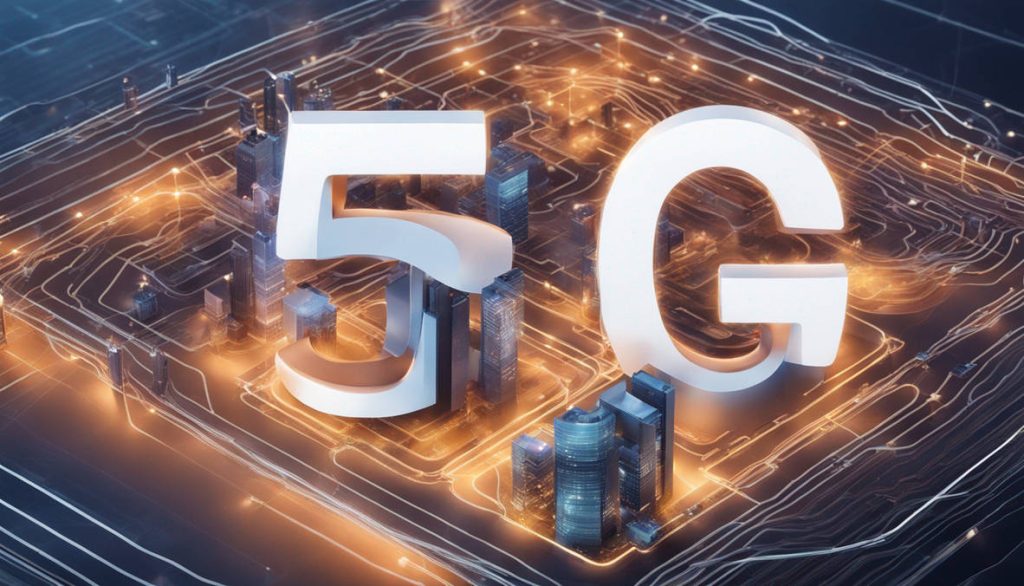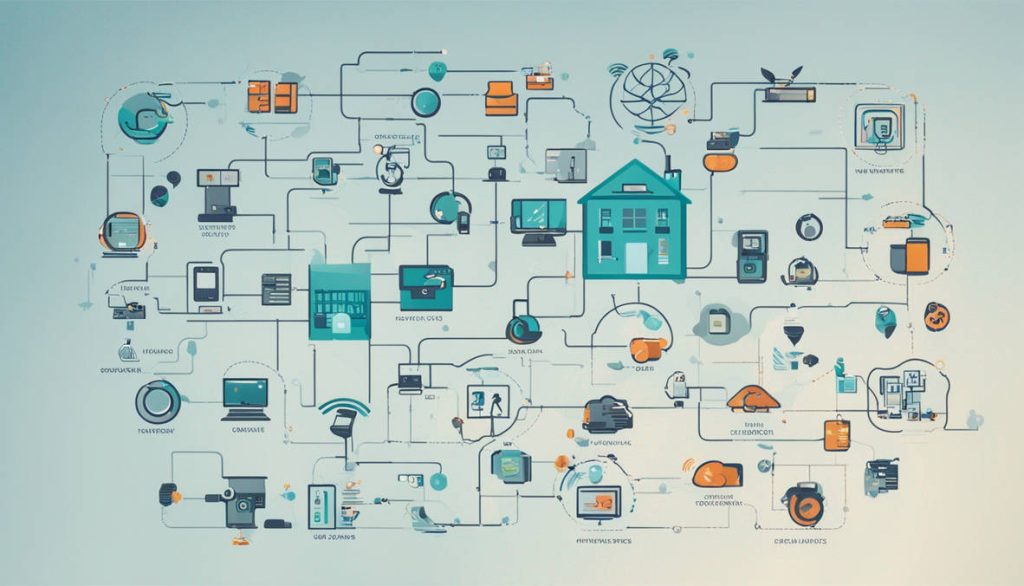In this blog post we understand the 5G Expansion. 5G (fifth-generation wireless) technology is the latest cellular network standard, offering significantly faster speeds, lower latency, and greater network capacity than previous generations. This revolutionary technology is poised to transform various aspects of our lives, from how we connect to the internet to how we interact with the world around us.
Key Features of 5G Technology:
- Enhanced Mobile Broadband: Delivers significantly faster download and upload speeds, enabling seamless streaming, gaming, and video conferencing.
- Ultra-Reliable Low Latency Communication (URLLC): Enables mission-critical applications with extremely low latency, such as self-driving cars, remote surgery, and industrial automation.
- Massive Machine-Type Communications (mMTC): Supports the massive connectivity of a large number of devices, enabling the Internet of Things (IoT) and the rise of smart cities.
Applications of 5G Technology:
- Self-Driving Cars: Enables real-time communication between vehicles and infrastructure, enhancing safety and efficiency.
- Remote Surgery: Enables surgeons to perform remote surgeries with high precision and low latency.
- Virtual and Augmented Reality: Provides the bandwidth and latency required for immersive VR and AR experiences.
- Industrial Automation: Enables real-time data exchange and control in industrial settings, improving efficiency and productivity.
- Smart Cities: Enables the deployment of smart city infrastructure, including intelligent traffic management, smart grids, and environmental monitoring.
Benefits of 5G Technology:
- Improved Connectivity: Delivers faster and more reliable connectivity for individuals and businesses.
- Enhanced Productivity: Boosts productivity in various sectors, including manufacturing, healthcare, and transportation.
- Economic Growth: Drives economic growth by enabling the development of new products, services, and industries.
- Social Impact: Improves quality of life through better access to information, education, and healthcare.
Challenges of 5G Technology:
- Deployment Costs: The deployment of 5G infrastructure requires significant investment in new equipment and network upgrades.
- Spectrum Allocation: Allocating sufficient spectrum for 5G services requires careful planning and coordination.
- Public Concerns: Addressing public concerns regarding potential health and environmental impacts is crucial for successful 5G deployment.
The Future of 5G Technology:
5G is still an evolving technology with ongoing research and development. As the network matures and coverage expands, we can expect to see even more innovative applications and transformative impacts across various sectors.



